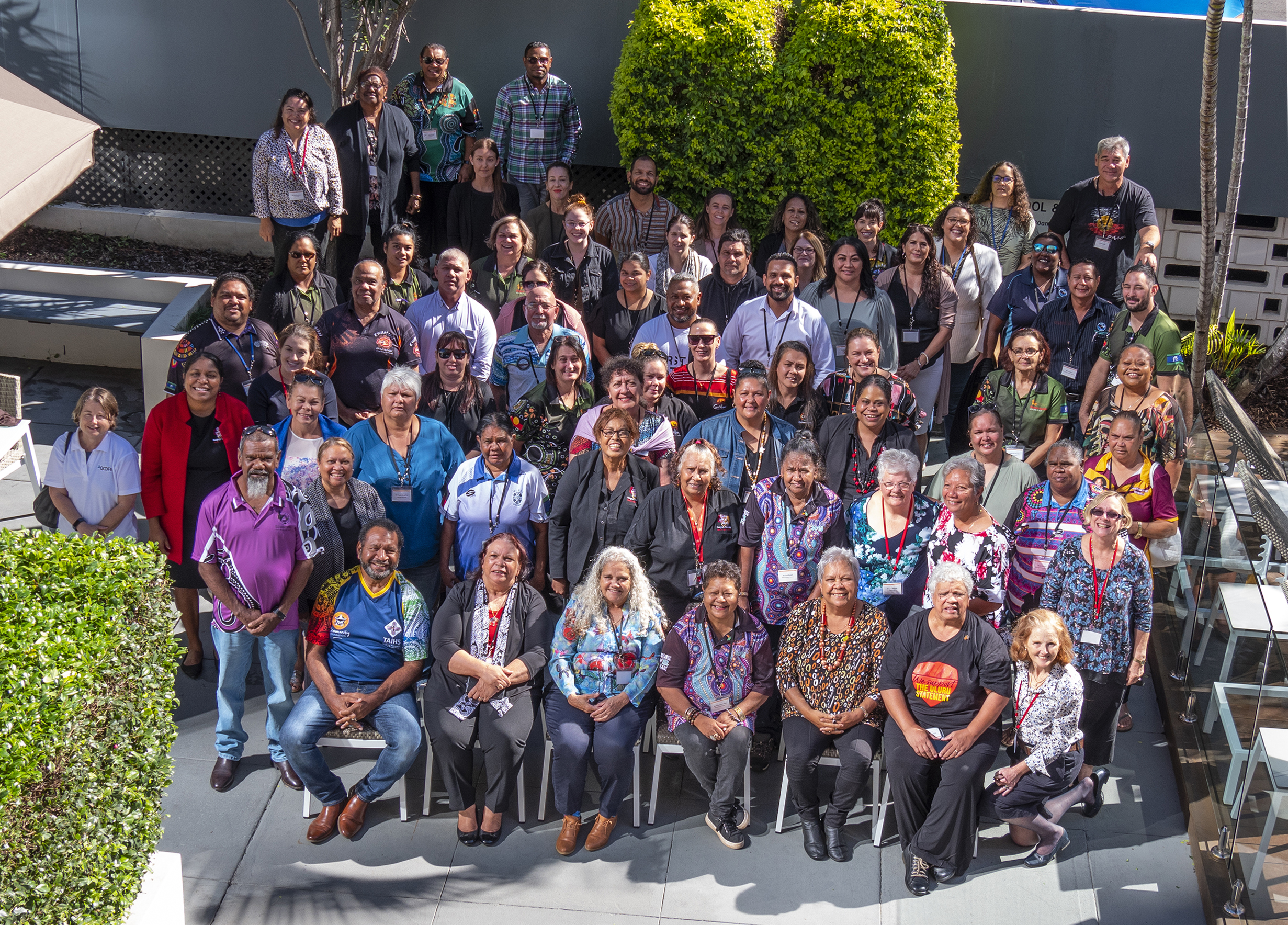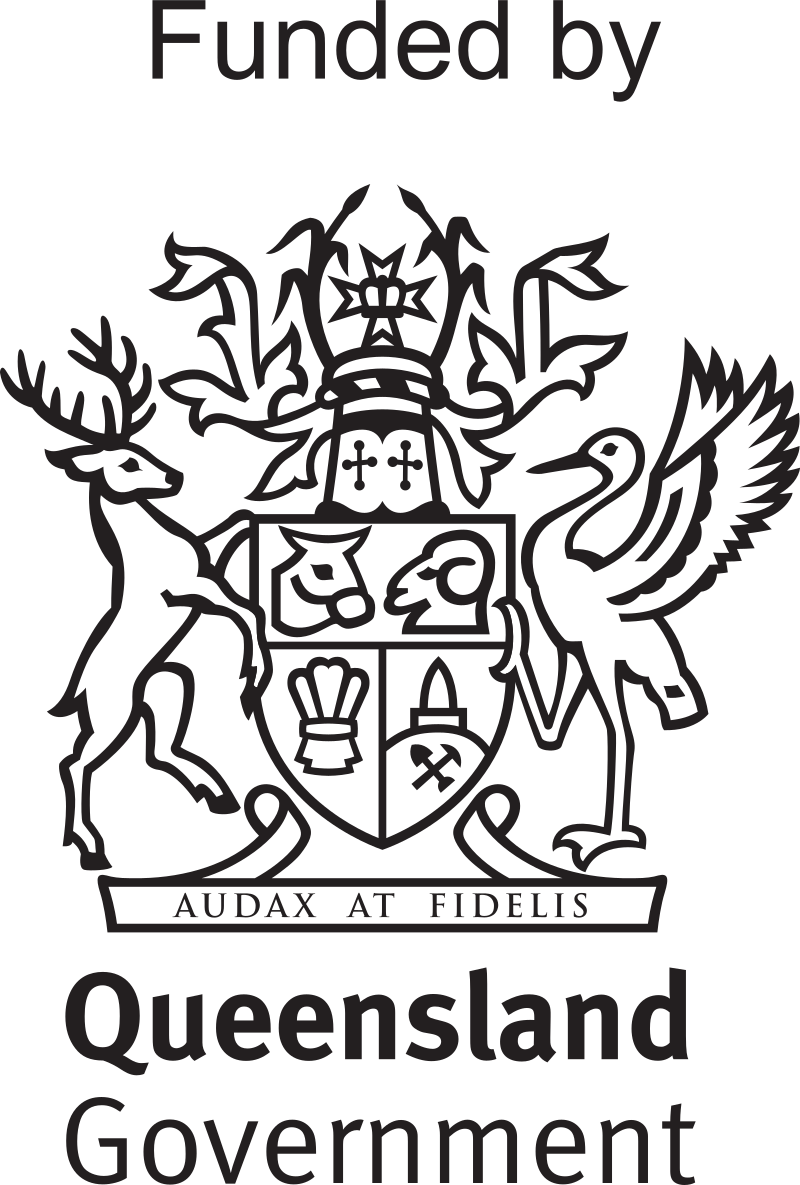Completed Research
We seek to understand more about domestic & family violence & sexual assault, & determine the effectiveness of strategies to make our communities safer for all. If you would like to know more about any of these research projects, please contact us.
Trauma-informed AI: Developing and testing a practical AI audit framework for use in social services
Artificial Intelligence (AI) is increasingly being used in the delivery of social services including domestic violence services. While it offers opportunities for more efficient, effective and personalised service delivery, AI can also generate greater problems, reinforcing disadvantage, generating trauma or re-traumatising service users.
In partnership with researchers from the University of Queensland School of Social Science and the Automated Decision-Making and Society Centre of Excellence, this project seeks to co-design an innovative AI trauma-informed audit framework. It aims to provide a practical resource for social services agencies to make trauma informed choices about the technology they use. The research team is Dr Lyndal Sleep, and University of Queensland researchers Professor Paul Henman, Dr Suzanna Fay and Suvradip Maitra.

Review the outcome measurement tools and processes used by WHWSS providers to promote consistency and improve the information available to government and service providers about outcomes for women accessing WHWBSS
QCDFVR was commissioned to evaluate the early implementation of the Women’s Health and Wellbeing Support Services (WHWSS) during 2019-2020. Existing services are funded to deliver WHWSS to support women’s longer-term recovery from gender-based violence which was identified as a gap in service delivery by the Queensland Government’s Special Taskforce on Domestic and Family Violence (the Taskforce, 2015).
The evaluation findings across 10 sites demonstrated the high need and value of WHWSS services. While providers developed a range of place-based service delivery models, there were many common elements of good practice to support women’s longer-term recovery. It is important to consider how these practices work together as a system of support and provide mutually reinforcing benefits for women. The findings regarding WHWSS service design and delivery highlighted the following enablers of this ‘support system’ for women:
Service approaches/philosophy: client-led, trauma-informed, empowerment approaches, practice informed by a DFV lens
Service types: multi-dimensional with mix of case management, therapeutic counselling, group programs, workshops/information sessions and social connection activities
Service structures: open, multiple entry points on journey from crisis to recovery, flexible, free, tailored to client needs, availability of long-term counselling to heal trauma
Integration into local service system: referral networks that enable access into WHWSS and referrals to other services women need including DFV crisis services; collaborative partnerships to broaden types of services offered to women
Place based: responsive to local needs and context
Culturally responsive: engaging with local Aboriginal and Torres Strait Islander communities and Culturally and Linguistically Diverse communities and providers.
TIMEFRAME: July 2021 – June 2022
SPONSOR: CQUniversity

Evaluation of the Queensland Indigenous Family Violence Prevention Forum
The Queensland Government commissioned QCDFVR to evaluate the appropriateness and impact of the Queensland Indigenous Family Violence Prevention Forum and provide an evaluation report with recommendations for future QIFVP Forum models. The evaluation looked at the past 5 years of annual Forums with methods including desktop/document review and analysis as well as interviews and focus groups of Indigenous Advisory Group members of the Forum, purposive sample of participants of the Forum and QCDFVR staff involved in planning/facilitating the Forums over the past 5 years.
TIMEFRAME: June 2020 – July 2021
SPONSOR: Department of Justice and the Attorney General

Evaluation of QIFVLS Case Management Practice
The Queensland Indigenous Family Violence Legal Service (QIFVLS) developed their Case Management Practice (CMP) service to support clients engaging with their legal service since 2016. In 2019 QIFLVS engaged QCDFVR to review their CMP monitoring and evaluation tools and collaboratively develop an evaluation framework with QIFVLS.
In 2021 QIFVLS commissioned QCDFVR to conduct a process and outcome evaluation to identify the outcomes for CMP clients and what they consider have been the most important benefits of the CMP service. A process evaluation examined what was working well and suggestions for improvement from the perspective of clients, QIFVLS managers and staff, and key stakeholders. A case study was conducted in Rockhampton as the CMP service had been operating in this area the longest allowing us to examine the community connections and impact.
Our evaluation approach worked collaboratively with QIFVLS to co-design and implement this evaluation. We were culturally guided by our key contact at QIFVLS, Aunty Bino Toby, the QIFVLS Board, and our Indigenous researcher on the evaluation team, Jamie Anderson. Other members of the evaluation team were Dr Sue Carswell and Dr Vicki Lowik. Dr Heather Lovatt, QCDFVR Director had oversight.
TIMEFRAME: September 2021 – August 2022
SPONSOR: Queensland Indigenous Family Violence Legal Service (QIFVLS)

Evaluation of UnitingCare Men Sustaining Change pilot program
It has long been recognised that many men require follow-up support after attending a Men’s Behaviour Change Program (MBCP) to continue their process of behaviour change. UnitingCare utilised QCDFVR findings from the evaluation of Men Choosing Change to internally fund a maintenance program, Men Sustaining Change, piloted from July 2021 to June 2023. Men Sustaining Change provides a co-gendered facilitated peer support group for men who completed Men Choosing Change (16 week MBCP) who wish to continue their behaviour change journey. A DFV Advocate service provides continuity of support for partners/ex-partners and children of men accepted into the pilot.
QCDFVR conducted a developmental evaluation working closely with UnitingCare to regularly provide findings to inform design and practice, and to identify outcomes for participants and their partners/ex-partners and children. The evaluation was conducted by Dr Sue Carswell.
The evaluation findings showed the Men Sustaining Change pilot operated as intended with men reporting the benefits of the program for supporting them to continue changing their behaviours and reduce the risks of future DFV.
While all women interviewed thought it was beneficial to have a follow-up program for men, their feedback about the extent of men’s change was mixed and reflective of men’s motivation and engagement with the pilot. Women who engaged with the DFV Advocate found this service very helpful for providing them and their children with access to longer term practical, emotional and safety supports.
Key elements of program design and delivery that enabled positive outcomes for men, women and children were identified and have application for expanding this program to other locations. Men Sustaining Change is now a funded program and is now being delivered at two UnitingCare sites.
TIMEFRAME: September 2021 – August 2023
SPONSOR: UnitingCare



